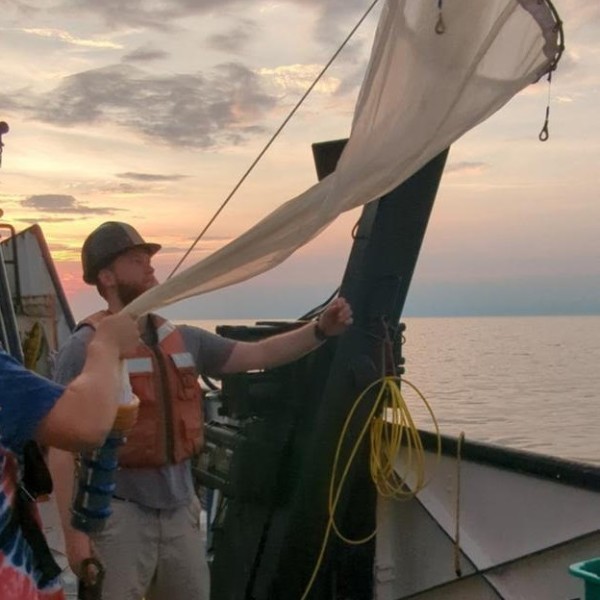As a Laidlaw scholar, Jensen Njagi ’25 spent the summer doing community-based translational research in his home country of Kenya. As a Global Development major, Jensen is driven by a purpose to improve community health while considering the social, economic, and environmental factors that shape it. His most recent research focused on issues at the intersection of waste management and food insecurity, with an overarching goal to mitigate climate change and reduce morbidity and mortality associated with poor sanitation. As a junior researcher on the team at Poverty and Health Integrated Solutions, Jensen utilized methodological skills including research study design, study implementation, and data analysis related to Circular Bionutrient Economy (CBE) pathways. In this blog, Jensen shares how he leveraged GIS tools such as R-GIS, to identify opportunities for utilizing Organic Underutilized Resources (OURS) in Kenya.
At the right place, at the right time, with the right people.
Working with Charles Midega, Director of Poverty and Health Integrated Solutions (PHIS) — a national research and development organization that aims to improve health by addressing proximal causes of poor health — and Rebecca Nelson, Professor in the Department of Global Development and School of Integrative Plant Science, has been truly inspiring. The two are among the pioneer researchers on Circular Bionutrient Economy (CBE), a subset of Circular Economy (CE) that facilitates the transformation of organic waste into valuable products. They have been my mentors and supervisors, and together, we’ve been working at the nexus of public health and agriculture. We are also part of the Circular Bionutrient Economy Network (CBEN), a network based on CBE principles that unites an interdisciplinary international community from East Africa and beyond.
To collaborate.
At the beginning of time as a Laidlaw scholar, I was excited and anxious about how I could channel my energy, skills, ideas, and training in international development, to best contribute to the CBE projects and opportunities that lay ahead. One of my first engagements involved collaborating with the Farmers Research Network (FRN) in Western Kenya, which Prof. Midega helped spearhead. SOFDI (Sustainable Organic Farming and Development Institute), an NGO based in the region that works to improve livelihoods through sustainable agriculture and rural development, joined the alliance. Together, we started laying the groundwork for efforts to catalyze the adoption of resource-recovery agricultural practices that could utilize various waste streams available in the region to address soil nutrient depletion.
Shared prosperity in a people-centered economy.
At the heart of CBEN is the FRN — an innovative network of farmers working together to transform their farming practices. It’s a network where members learn from one another, leaving no one behind towards shared prosperity. Not only are they pioneers, but they are also incremental strategists leveraging CBE to address many challenges at once- improved yields and soil health as well as economic sustainability. I was truly impressed by the farmers’ innovative ideas for leveraging CBE principles to promote agroecology and seize business opportunities that exist within agricultural value chains.
Pioneering farmers within the network inspired those around them, who in turn inspired others. To me, this was a profound example of one of the ways that lasting change happens; the accumulation of power and agency at the grassroots and individual levels. Nevertheless, I also acknowledge that institutions, the private sector, and policy reforms play a key role in catalyzing change. Our efforts drew a lot of inspiration from the community-led development and capability approach that aims at enabling people to become agents of change in their own lives and communities. We’re not the only experts; a lot of our engagements involved a lot of learning — learning at heart with an action-based mindset that empowered everyone in the process.












